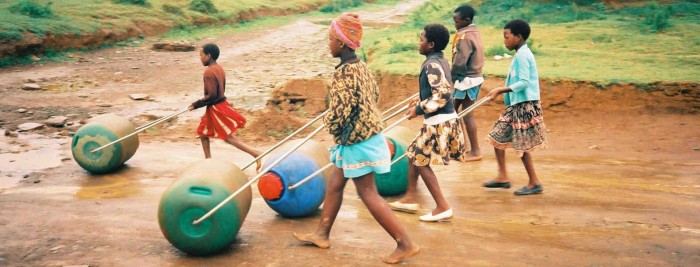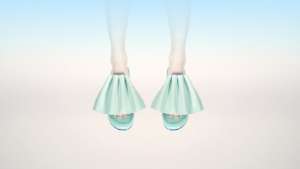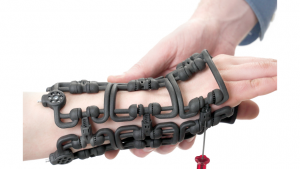From the Series

Hack4Water is calling for innovative ideas, designs, products and projects that deal with South Africa’s water and sanitation crisis. Recent statistics revealed that around 54.7 per cent of South Africans travel great distances to get water. This lack of infrastructure coupled with a lack of sanitation and a severe drought has placed underprivileged families at risk. Given that this is a longstanding problem with no clear solution in sight, the Department of Water and Sanitation (DWS), in partnership with the Open Government Partnership South Africa (OGPSA), launched a nationwide initiative calling on locals to find solutions.
Here are three of the submissions that have stood out so far:
Solar Veranda
The solar veranda is the brainchild of serial inventor Dave Pons, one of his many inventions that aim to solve local problems. The KwaZulu Natal researcher created the solar veranda to deal with the problem of providing people with hot water when they have little to no electricity.
The device comprises of a solar thermal panel, which is placed above the veranda roof. This panel is essentially what heats the water, since its solar PV circulates the water. The heated water then travels down the gutter and into the tanks where it is then circulated again. The circulation process warms the water up, so that it is hot when it leaves the tap, which is connected to the tank. The solar veranda is able to produce hot water without any electricity, and also provides a low cost veranda option to low cost housing.
Aquatrap
Mark Algra created Aquatrap to save water, by using recycled tyres. The Cape Town based creator did not come up with the idea entirely on his own, instead he credits an edition of Popular Mechanics. In the magazine he read that golf courses in the USA were taking tyres, cutting and splitting them open and then burying them. By doing this, golf courses were saving around 60 per cent of the water they normally used.
Algra was able to get hold of the sidewalls of recycled tyres. Since the tread section was being used for making shoe soles, the entire product was being up-cycled. Algra constructed the Aquatrap by gluing an inner tube to the inside of the sidewall, creating a dish. Once buried beneath the soil, the trap collects excess water that has trickled down, which then lies available for the plant to consume at a later stage. The traps also make the soil warmer, which means that crops are more comfortable and so that they yield larger produce. Aquatrap has proven to double, and even triple, growth rates.
Algra has been implementing his design at local schools. It assists in educating children on how to save water, providing them with knowledge that they then take home and share with their families and communities.
Hippo Roller
Two engineers from Gauteng designed Hippo Roller to create easier access to water in impoverished communities. Many of South Africa’s communities lack basic access to clean drinkable water, and instead have to travel long distances and then carry the heavy buckets back. These buckets usually hold around 18 litres each.
Locally, the duty to collect water falls to the women and children. Collected water is extremely heavy, and since the women carry the buckets back on their heads, they often feel the consequences through premature aging and pain in their spines. The children suffer by not being able to attend school regularly.
In response, the Hippo Roller can carry more than 90 litres at a time, which means fewer trips to collect water, and less strain on the physical condition of women. With more free time, children can attend school more frequently.
Initially, the design was structured as a wheelbarrow with a low centre of gravity. However, the wheel was too expensive. This led them to reducing the design down to the wheel alone, so that it could contain the water and be pushed or pulled on the ground. The durable wheel has a lifespan of between five and seven years.
The Hippo Roller initiative insists the government provides these communities with water on tap. However, acknowledging that this will take years to materialise, the initiative is distributing Hippo Rollers to make their lives easier. Although they have already distributed more than 27000 rollers to date, they have hardly covered a portion of what is needed.
The nationwide initiative allows entrants a short video to promote their ideas, before the 6 June 2016 deadline. The competition, which is open to all levels of society, will award winners with a month of marketing and press coverage for their idea.







